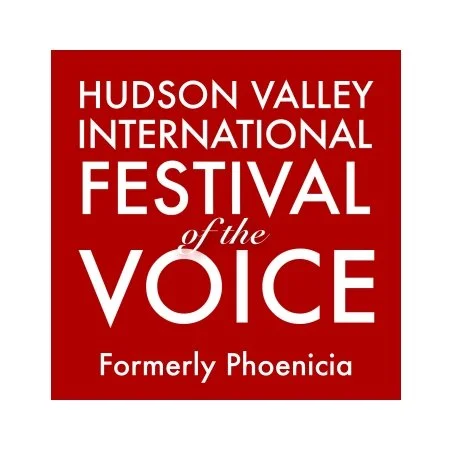Messa di Gloria- Giacomo Puccini
Oratorio for Tenor, Baritone, Coro and Orchestra
About Puccini: Giacomo Puccini (1858-1924) wrote his Messa di Gloria very early in his career – in fact before he really had a career. He composed the mass in 1876 and he was just 18 years old. Puccini was born into a musical family. For generations his family occupied the post of the organist and chapel master at the Duomo San Martino in his home town Lucca. This was also his destiny since he started his musical education as a boy soprano in the church choir of San Martino. However, something significant had happened to him the year before he composed his mass. He went to the theatre in Pisa (about 20 km from Lucca) and saw his first opera: Verdi’s Aida. From this moment on it was clear for Puccini that he wanted to become a composer of operas. He wanted to write for the theatre and not for the church. In a sense his Messa di Gloria has a place between both genres – between music for the church and music for the theatre. It follows the classical structure of a mass with five movements (Kyrie, Gloria, Credo, Sanctus and Agnus Dei). It is written for two soloists (tenor and bass), mixed chorus and orchestra. But it is not the kind of piece you would expect to hear on Sunday during a service. The whole piece lasts roughly 45 minutes and the lengths of the five movements are very different. You might be able to imagine the Kyrie, Sanctus or Agnus Dei in a liturgical context, but certainly not the Gloria and Credo. The Gloria last about 20 minutes and the Credo about 15 minutes. If nothing else, they would be far too long for an ordinary Sunday mass. The whole treatment of the choir and the soloists and the wonderful melodies give already a foretaste of all the operas which Puccini will write later. —You have the impression that Puccini did not so much want to write church music with this piece, he rather used the traditional well know texts and tried to express every emotion which the text encompasses. There is exuberant joy in his setting of the Gloria and singing the “qui tollis peccata mundi suscipe deprecationem nostram” (“you take away the sins of the world, receive our prayer”) feels like singing the famous chorus of the slaves of Verdi’s Nabucco. In the setting of the Credo each part of the text gets its own emotional expression. For the “et incarnatus est de spiritu sancto ex Maria virgine, et homo factus est” (“he became incarnate from the Virgin Mary, and was made man”) the tenor joins the choir and the text is sung with great tenderness. The orchestra is not playing at all or very subdued and you have almost the feeling of intimacy. The next part of the credo about the crucifixion is sung only be the bass soloist and is dark and full of anguish. In the following part of the resurrection the orchestra and the choir constantly raise and you can hear the triumph that Christ has conquered death. Another part I really like is the part “et unam sanctam catholicam et apostolicam ecclesiam” (“We believe in one holy catholic and apostolic Church”). It is celebratory and the voices sing in unison (all voices sing the same melody). By this Puccini almost seems to evoke the “catholic” in sense of universal and all-inclusive. The Messa di Gloria had its premiere in 1880 and was enthusiastically received by the first audience. Strangely Puccini never published the work, but he used parts of the mass in his operas. The work was finally published in 1951 and received then its second performance. Louis Otey Artistic Director
About the Event: The Hudson Valley International Festival of the Voice Gala will be hosted by The Opera Cowgirls – world renowned operatic artists that mix classic opera with a country flair! Headlining the gala will be Sarah Joy Miller, who, besides gracing the major operas stages of the world (Metropolitan Opera), recently appeared on the PBS drama, The Gilded Age! Joining Sarah and the Cowgirls will be tenor Aaron Blake, baritone Corey Crider (whom you will hear in the Puccinin Messa di Gloria on Sunday), Kevin Glavin and opera star, Marrianne Cornetti (who are also featured in our Marriage of Figaro on Saturday night). They will be accompanied by David Wroe and the Festival Orchestra— and there will be some truly wonderful surprises to go with these superstars to inaugurate our arrival in our new location in New Paltz, NY.
